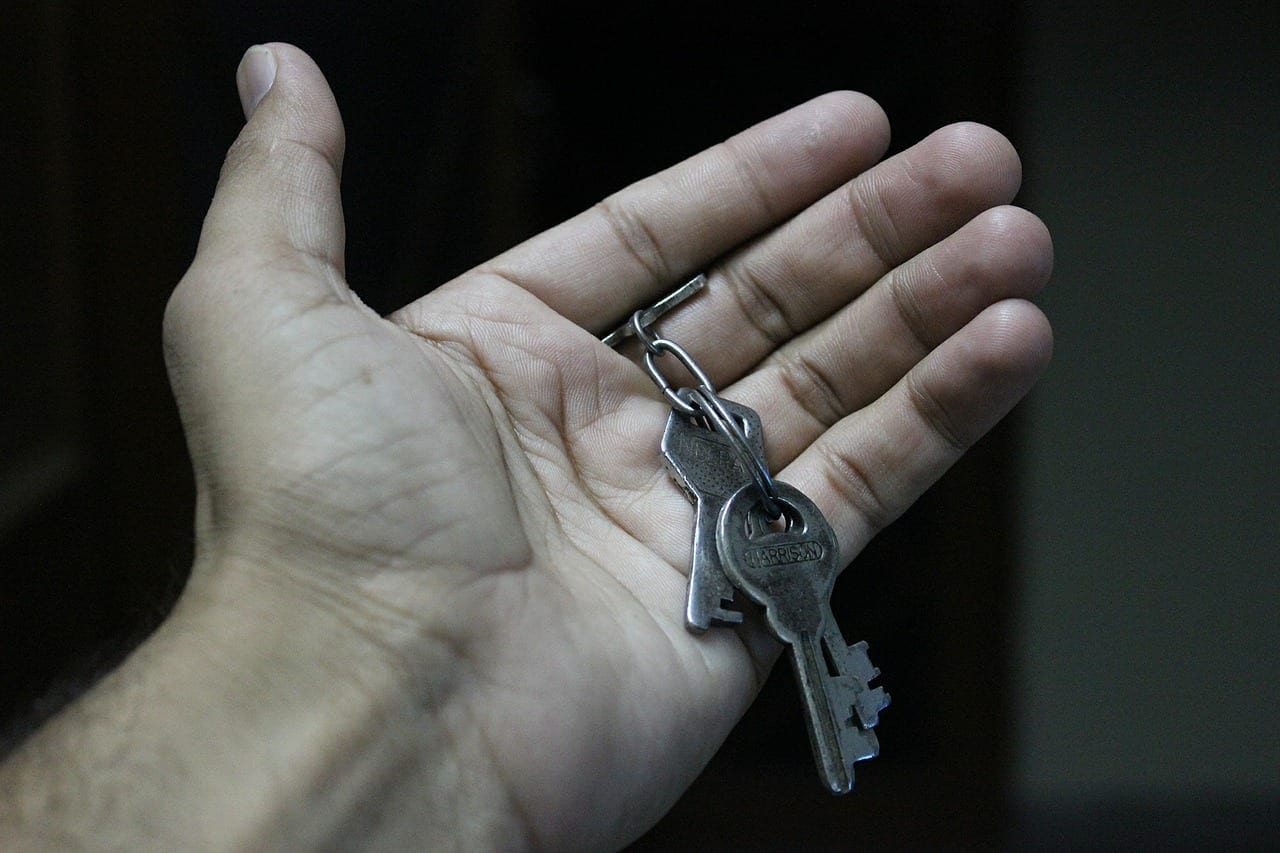The high cost of renting is keeping young adults from saving for a deposit, new analysis shows
The high cost of renting means that those in their early twenties are half as likely to buy a home as those who were born in the mid-1970s because they can’t save for a deposit, new analysis shows.
Just 11 per cent of people born in 1996 are homeowners today, compared to nearly double that – 21 per cent – of those born in 1976 who owned their own home by the age of 22.
Home ownership remains a distant dream for most young people, with the high cost of the private rental sector meaning many are unable to save for a deposit to get on to the property ladder and face the prospect of being stuck renting into retirement, said Cllr Martin Tett, spokesman for the Local Government Association Housing spokesman that analysed the official figures.
It comes as, on average, a third of households’ income goes into rent, compared to just 17 per cent of income spent by homeowners on mortgage repayments.
But in some parts of the country, especially the South East, rents equate to more than half of household earnings, the LGA said, making it difficult for people to save for a deposit.
The average deposit in England is 72 per cent of an individual’s gross salary, rising to 137 per cent in London and dropping to 56.7 per cent in the North West.
But even those who manage to buy a home are often unable to climb up the housing ladder, the LGA said.
This is down to varying factors including lending conditions, income growth, housing equity growth and house price affordability.
The number of mortgage movers is currently 50 per cent below the pre-crisis levels of 2006-2007 – and showing no sign of improving.
While the Government has looked to encourage first-time buyers into home ownership, it has not given enough consideration to a household’s ability to continue climbing the housing ladder when their circumstances change, the LGA said.
The LGA said more ‘high quality affordable homes’ were needed, as the social housing stock continues to shrink.
Councils are calling on the Government to give them more power over the Right to Buy scheme.
The Right to Buy scheme, introduced by Margaret Thatcher in the 1980s, allows low-income tenants to buy their council-owned home at a sizeable discount to market value.
Councils want to be allowed to retain 100 per cent of the receipts from sales from council homes, instead of retaining only a third as it stands currently. They are also calling on the Government to allow them to set discounts locally to reflect regional variations in house prices.
Homes for affordable and social rent are desperately needed across the country. Councils must be able to ensure a mix of homes – to rent and buy – which are affordable for those people that need them and that are crucial for enabling people to save money towards a deposit, the LGA said.






